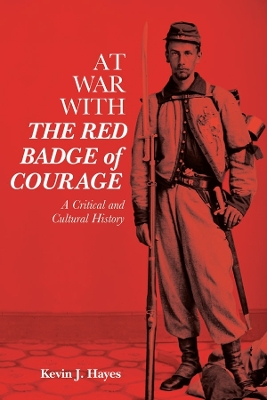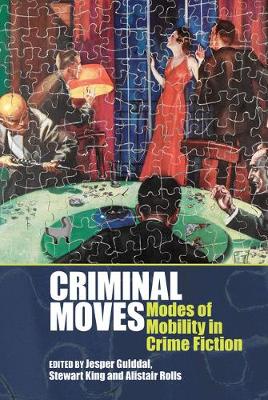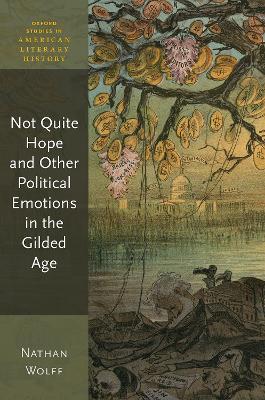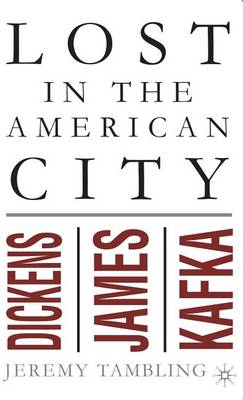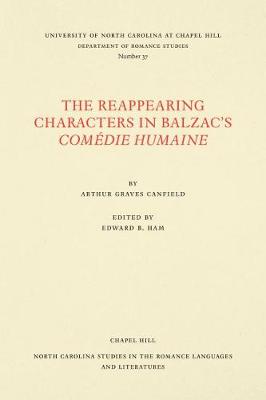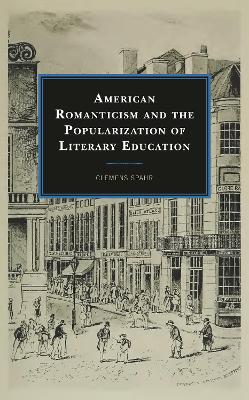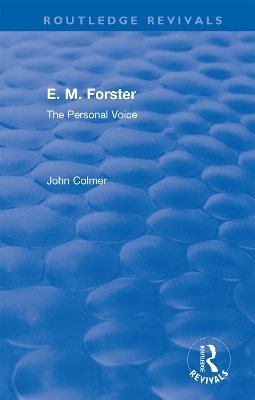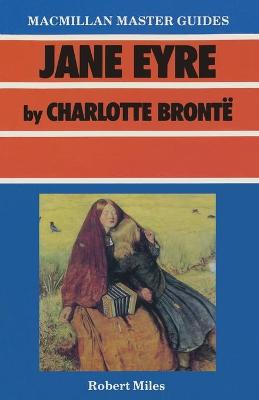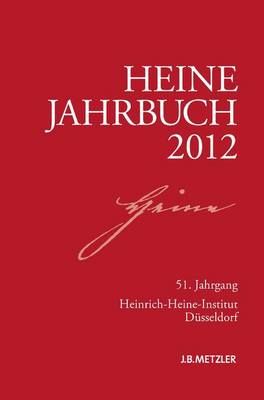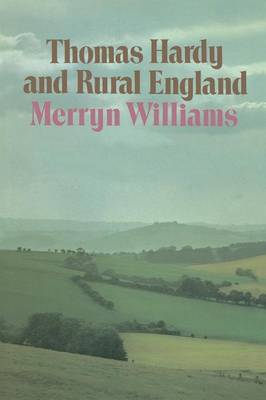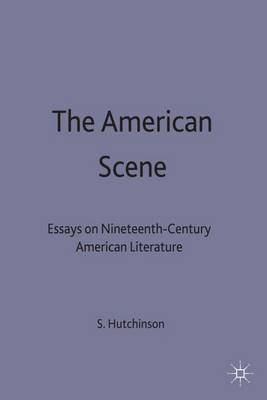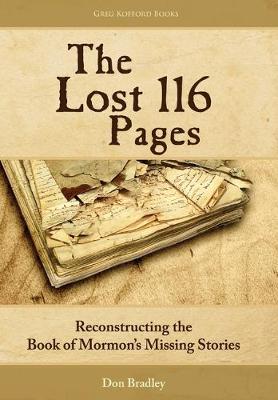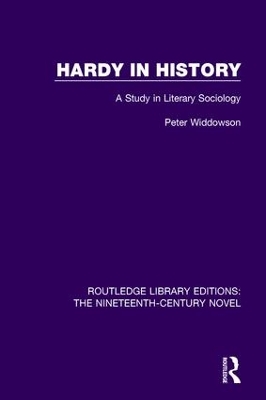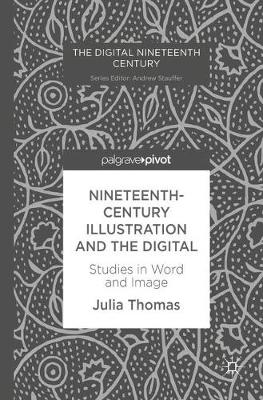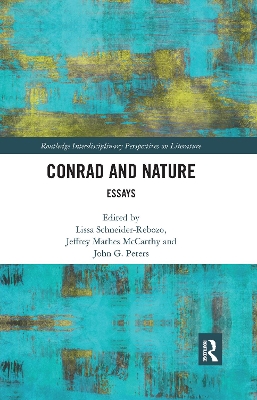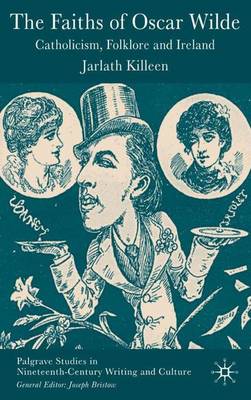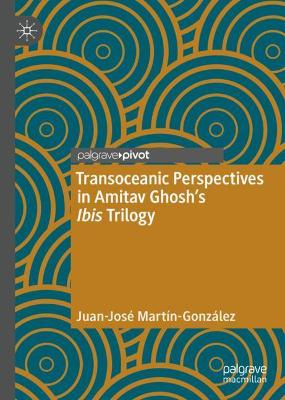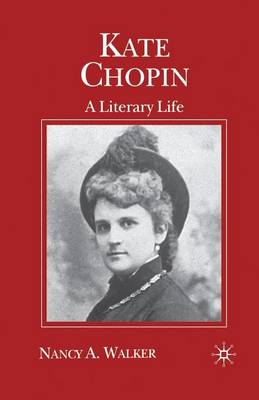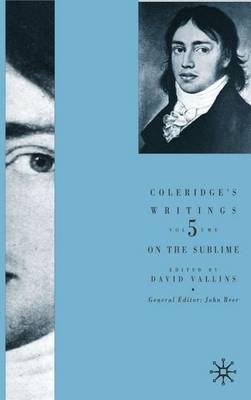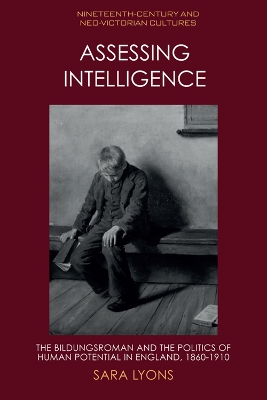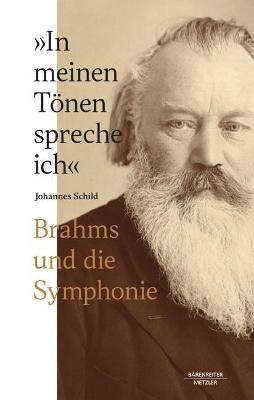Stephen Crane's masterpiece The Red Badge of Courage was a sensation when it first appeared in 1895: many readers were astonished that this upstart, born after the Civil War, had written the single best novel on the subject. It remains one of the best books on the experience of war in American literature. Since its publication, The Red Badge has been repeatedly subjected to new scrutiny - not only by the passing of time and the changing of critical trends, but by every new war - to see if Crane'...
Criminal Moves (Liverpool English Texts and Studies, #78)
Criminal Moves: Modes of Mobility in Crime Fiction offers a major intervention into contemporary theoretical debates about crime fiction. It seeks to overturn the following preconceptions: that the genre does not warrant critical analysis, that genre norms and conventions matter more than textual individuality, and that comparative perspectives are secondary to the study of the British-American canon. Criminal Moves challenges the distinction between literary and popular fiction and proposes t...
Not Quite Hope and Other Political Emotions in the Gilded Age (Oxford Studies in American Literary History)
by Nathan Wolff
Not Quite Hope and Other Political Emotions in the Gilded Age argues that late nineteenth-century US fiction grapples with and helps to conceptualize the disagreeable feelings that are both a threat to citizens' agency and an inescapable part of the emotional life of democracy-then as now. In detailing the corruption and venality for which the period remains known, authors including Mark Twain, Harriet Beecher Stowe, Henry Adams, and Helen Hunt Jackson evoked the depressing inefficacy of reform,...
In Lost in the American City , Jeremy Tambling looks at European reactions to America and American cities in the nineteenth-century. Dickens visited America in 1842 and his American Notes and Martin Chuzzlewit set the agenda for future discussions of America. Lost in the American City looks at the Dickens legacy through Henry James in The American Scene , through H.G. Wells in The Future in America , and through Kafka, whose novel America (or The Man Who Was Never Heard of Again ) tried to re-wr...
Balzac made a conscious effort in Comedie Humaine to multiply the reappearance, from book to book, of some of his characters. This careful analysis of nearly six hundred reappearing characters shows that some appear only briefly, in no significant role; others play important parts; some become principals in later action.
American Romanticism and the Popularization of Literary Education
by Clemens Spahr
American Romanticism, Education, and Social Reform: The Great Work of Mutual Education focuses on three Romantic educational genres and their institutional and media contexts: the conversation, literary journalism, and the public lecture. The genres discussed in this book illustrate the ways in which the Transcendentalists engaged nineteenth-century media and educational institutions in order to fully realize their projects. The book also charts the development from the semi-public conversationa...
Originally published in 1975, E. M. Forster: The Personal Voice draws on information about the life and works of E. M. Forster that came to light following his death in 1970. Exploring in particular the publication of Maurice in 1971, The Life to Come in 1972, and the Forster papers in King's College Library, Cambridge, this volume is an extensive study of E. M. Forster. It provides a comprehensive and detailed overview of Forster's work, his intellectual and literary background, his personali...
The River of Time (Jews of Russia & Eastern Europe and Their Legacy)
by Ian Probstein
This book explores the changing perception of time and space in avant-garde, modernist, and contemporary poetry. The author characterizes the works of modern Russian, French, and Anglo-American poets based on their attitudes towards reality, time, space, and history revealed in their poetics. The author compares the work of major Russian innovative poets Osip Mandelstam, Velimir Khlebnikov, Vladimir Mayakovsky, and Joseph Brodsky with that of W. B. Yeats, T. S. Eliot, Ezra Pound, and, in spite...
The American Scene (New Directions in American Studies)
by Stuart Hutchinson
The American Scene considers major texts of nineteenth century American literature: The Leatherstocking Tales, Poe's fiction, The Scarlet Letter, Moby-Dick, Leaves of Grass, Dickinson's poetry, Huckleberry Finn, James's The American Scene. It sees these works as attempts to articulate relationships between the self and the New World. The indeterminacy of the relationships is expressed in the formal instability of the works themselves. In these respects, nineteenth century American literature is...
Hardy in History (Routledge Library Editions: The Nineteenth-Century Novel, #42)
by Peter Widdowson
First published in 1989, this study investigates Hardy not so much in terms of his novels but as he has been constituted as a major figure in English literature. Using Hardy as a case-study, it looks at how a 'great writer' is produced in sociological terms, analysing the critical, cultural and ideological factors involved. By exposing this construction, the book seeks to release Hardy from the constraints imposed by orthodox literary history. This book will be of interest to those studying nin...
Nineteenth-Century Illustration and the Digital (The Digital Nineteenth Century)
by Julia Thomas
This book brings the study of nineteenth-century illustrations into the digital age. The key issues discussed include the difficulties of making illustrations visible online, the mechanisms for searching the content of illustrations, and the politics of crowdsourced image tagging. Analyzing a range of online resources, the book offers a conceptual and critical model for engaging with and understanding nineteenth-century illustration through its interplay with the digital. In its exploration of...
Conrad and Nature (Routledge Interdisciplinary Perspectives on Literature)
Conrad and Nature is the first collection of critical essays examining nature and the environment in Joseph Conrad’s writings. Together, these essays by established and emerging scholars reveal both the crucial importance of nature in Conrad’s work, and the vital, ongoing relevance of Conrad’s treatment of the environment in our era of globalization and climate change. No richer subject matter for an environmentally-engaged criticism can be found than the Conradian contexts and themes under inve...
The Faiths of Oscar Wilde (Palgrave Studies in Nineteenth-Century Writing and Culture)
by J Killeen
An original and energetic examination of the relationship between theology, faith, religious history and national politics in the works of Oscar Wilde, which focuses in particular on his life-long attraction to Catholicism. Wilde's Protestant heritage is also scrutinised, and its continued influence on him, as well as his antagonism towards it, is related to the narrative modes he chose and the philosophical positions he adopted.
Study of Thomas Hardy (Definitive Cambridge Editions of D.H. Lawrence)
by D H Lawrence
Transoceanic Perspectives in Amitav Ghosh's Ibis Trilogy studies Ghosh's Sea of Poppies (2008), River of Smoke (2011) and Flood of Fire (2015) in relation to maritime criticism. Juan-Jose Martin-Gonzalez draws upon the intersections between maritime criticism and postcolonial thought to provide, via an analysis of the Ibis trilogy, alternative insights into nationalism(s), cosmopolitanism and globalization. He shows that the Victorian age in its transoceanic dimension can be read as an era of pr...
In a career that lasted little more than a decade, Kate Chopin became well-known for stories set in the Creole and Acadian regions of Louisiana, but her masterwork, The Awakening (1899), told the daring story of a woman who defied social and sexual conventions, eliciting negative reviews that denied Chopin prominence until the middle of the twentieth century. Kate Chopin: A Literary Life sets the author in the context of nineteenth-century American women writers to show how standards of literary...
This new volume demonstrates the extent and diversity of Coleridge's writings on the sublime. It highlights the development of his aesthetic of transcendence from an initial emphasis on the infinite progressiveness of humanity, through a fascination with landscape as half-revealing the infinite forces underlying it, and with literature as producing a similar feeling of the inexpressible, to an increasing emphasis on contemplating the ineffable nature of God, as well as the transcendent power of...
Assessing Intelligence (Nineteenth-Century and Neo-Victorian Cultures)
by Sara Lyons
How did Victorian novelists engage with the new theories of human intelligence that emerged from late nineteenth-century psychology and evolutionary science? Assessing Intelligence traces the genealogy of the modern concept of IQ. It examines how five writers George Eliot, Thomas Hardy, Henry James, HG Wells and Virginia Woolf used the bildungsroman, or the novel of education, to wrestle with the moral and political implications of the IQ model of intelligence and the fantasies of meritocrac...
Formtreuer Klassizist oder »verkappter Programmmusiker«? Kaum ein Komponist des 19. Jahrhunderts vereinte derart widersprechende Einschätzungen auf sich wie Johannes Brahms. Wovon »sprechen« Brahms’ Symphonien, was ist ihr musikalischer Gehalt? Das Buch wagt einen neuen Blick ins Innere dieser Musik und rückt das »Rätsel Brahms« in eine ungewohnte Perspektive. Eine »symphonische Tetralogie« nennt es die vier Symphonien, denn die fruchtbare Rivalität zum 20 Jahre älteren Wagner findet darin deu...
